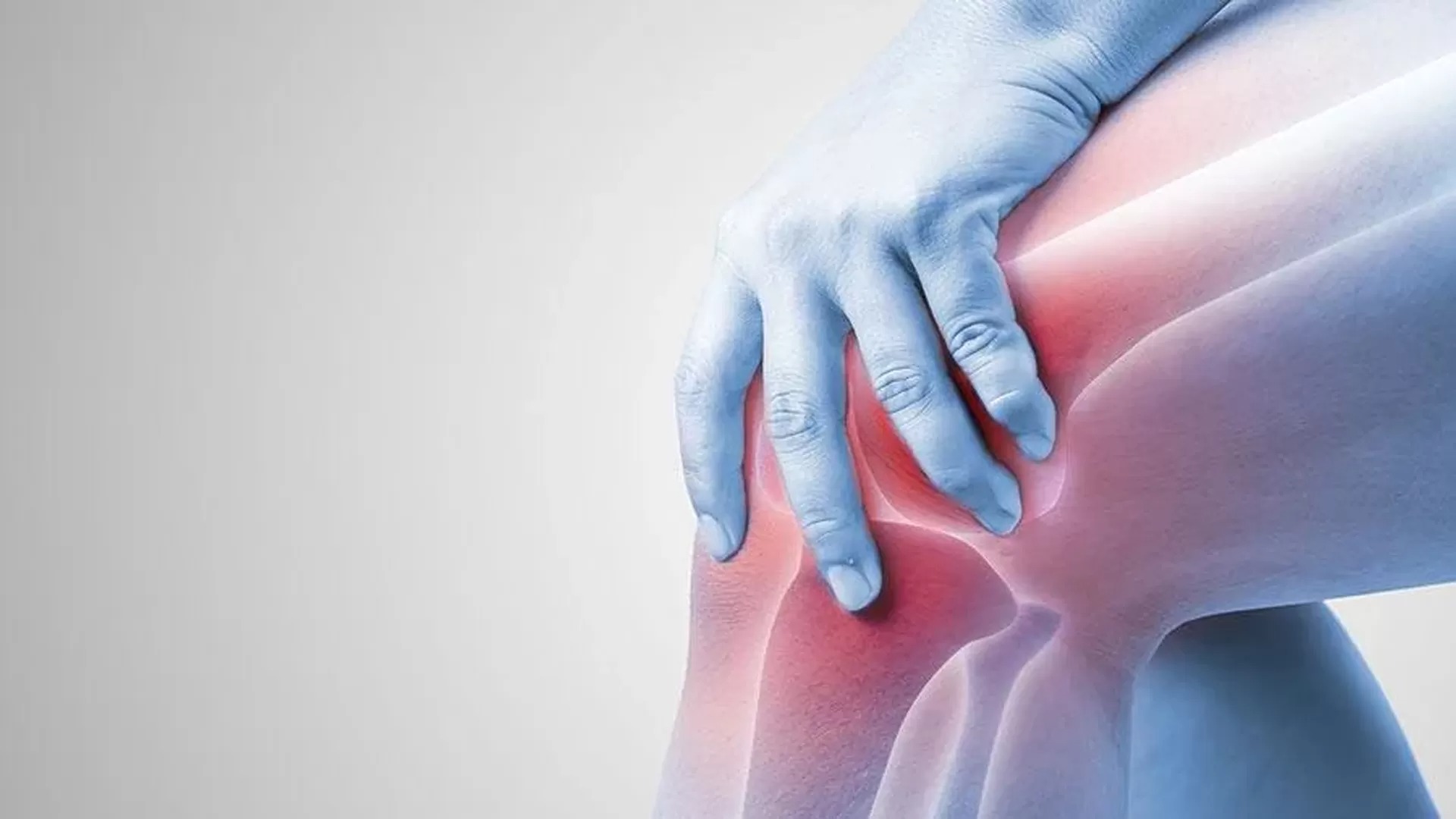In a groundbreaking medical achievement, a 25-year-old woman in Tianjin, China, has had her type 1 diabetes reversed through a novel stem cell therapy. This marks the first time such a feat has been accomplished globally, offering new hope for millions living with the chronic condition.
The patient, who had been struggling with type 1 diabetes, underwent a pioneering treatment that involved converting her own cells into personalized stem cells. These stem cells were then used to grow fresh clusters of ‘islets,’ the hormone-producing cells in the pancreas responsible for regulating blood sugar levels.
As Nature reports, this therapy’s unique approach of transplanting the newly created islets into the patient’s upper abdomen near her pancreas sets it apart from previous islet transplant methods. This strategic placement allows for easier monitoring via MRI, a significant advantage over traditional liver transplants.
“I can eat sugar now,” the woman said on a call with Nature. After over a year since the transplant, she says, “I enjoy eating everything — especially hotpot.” The woman asked to remain anonymous for privacy reasons.
Experts are astonished at the results, according to Timesnownews. “They’ve completely reversed diabetes in the patient, who was requiring substantial amounts of insulin beforehand,” said Dr. James Shapiro, a transplant surgeon and researcher at the University of Alberta in Edmonton, Canada.
The implications of this breakthrough are far-reaching, as it could potentially revolutionize the way we treat diabetes. By using a patient’s own cells to create personalized stem cells, this therapy bypasses the limitations of donor islet shortages and the need for immunosuppressive drugs, which have hindered the success of conventional transplant methods.
‘If this is applicable to other patients, it’s going to be wonderful,’ diabetes researcher Daisuke Yabe of Japan’s Kyoto University told reporters via Daily Mail.
As the world watches closely, the success of this case sparks hope for the millions of individuals living with type 1 diabetes. It represents a significant step forward in regenerative medicine and paves the way for further research and development in the field.




























